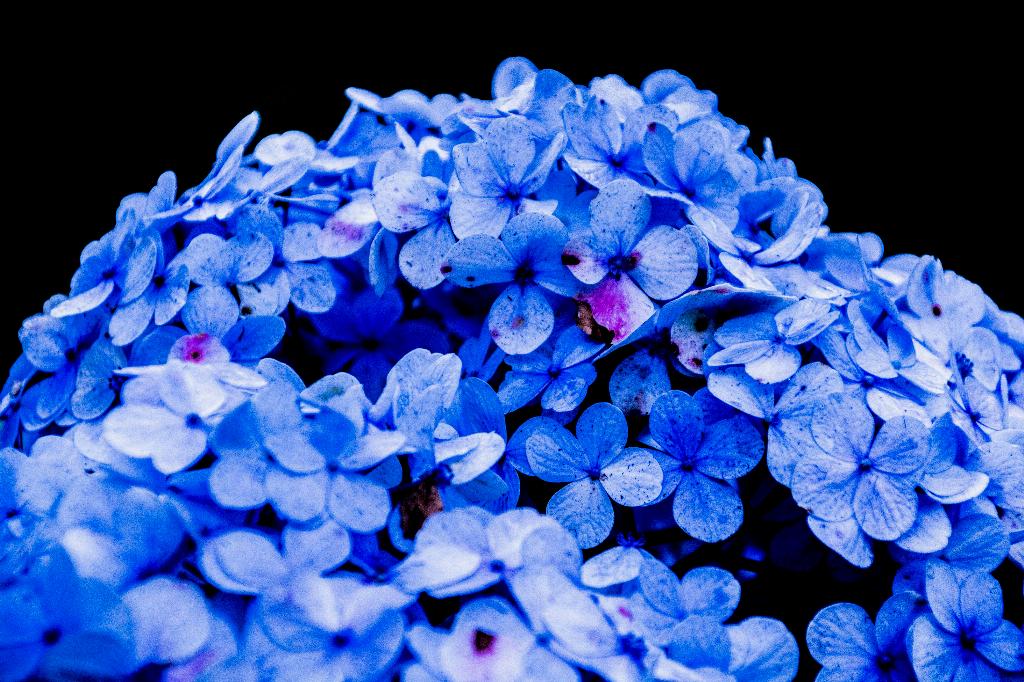Are you a gardener who is in love with the lush, colorful blooms of hydrangea plants? If so, you might be curious about whether these stunning flowers are on the menu for local wildlife, particularly deer. Understanding the feeding habits of deer in relation to hydrangea plants is essential for protecting your garden and ensuring the health of your cherished blooms. So, let’s delve into the topic of whether deer have a taste for hydrangeas and explore ways to mitigate any potential damage.
Overview of Hydrangea Plants
Hydrangeas are beloved for their bountiful flowers and broad, verdant leaves. These plants come in various types and colors, from the classic mophead hydrangeas to the delicate lacecap varieties. Growing best in rich, well-draining soil with adequate moisture and light, hydrangeas are a popular choice for gardens and landscapes.
Deer Feeding Habits
Deer are known for their voracious appetites and can consume a wide range of plant species. These graceful mammals often target tender plants, shrubs, and trees, especially during times of food scarcity. Factors such as the region, season, and the availability of natural food sources can influence deer feeding patterns.
Research on Deer Feeding Habits and Hydrangea Plants
Studies indicate that deer do have a penchant for hydrangea plants, particularly when other food sources are limited. While hydrangeas may not be their first choice, deer have been observed to browse on hydrangea blooms and foliage, especially in areas with high deer populations. It is essential to monitor deer activity in your area to gauge the risk to your hydrangea plants.
Preventing Deer Damage to Hydrangea Plants
To protect your hydrangeas from hungry deer, consider implementing strategies such as planting deer-resistant varieties, using natural repellents like garlic or soap sprays, and installing physical barriers like fences or netting. By creating a deterrent around your garden, you can help safeguard your hydrangea plants from potential deer damage.
Conclusion
In conclusion, while deer may have a taste for hydrangea plants, there are proactive measures you can take to mitigate the risk of damage. By understanding deer feeding habits, monitoring their activity, and implementing effective deterrents, you can enjoy the beauty of your hydrangeas without constant worry. Remember to stay vigilant and adapt your protection methods based on the local deer population dynamics. Happy gardening!

